This article was co-authored by Trudi Griffin, LPC, MS. Trudi Griffin is a Licensed Professional Counselor in Wisconsin specializing in Addictions and Mental Health. She provides therapy to people who struggle with addictions, mental health, and trauma in community health settings and private practice. She received her MS in Clinical Mental Health Counseling from Marquette University in 2011.
There are 9 references cited in this article, which can be found at the bottom of the page.
This article has been viewed 30,958 times.
Violence by parents towards each other or towards children is considered a form of domestic violence. This violence can be physical, emotional, mental, or sexual. If you feel you have violent parents, you should develop and utilize ways to protect yourself as early as possible. Regardless of if you are a minor still living at home, or if you are an adult with violent parents, there are ways to protect yourself from abuse. Here are some suggestions for how to protect yourself as a minor or an adult and ways to prevent abuse in the future.
Steps
Protecting Yourself as a Minor
-
1Get to safety. If you live with violent parents, getting yourself somewhere safe should be your number one priority. Identify places where you feel safe such as a friend's house, a relative's, your school, a shelter, or anywhere you feel protected, and go there.[1] It should be a place where there are other people who can care for you and keep you safe. Let them know why you are there and what is happening at home.
- If you can't leave the house, and your parents are being emotionally abusive to you, go to your room and close the door.
- If you feel you are in immediate physical danger and you cannot get out of the house, then you should make yourself as protected as possible. Barricade your door, lock the windows, and hide if it makes you feel safer. Call Emergency Services and wait for the authorities to arrive.
- If you can leave the house, but are unsure of where to go, make your way to the nearest police station.
-
2Keep a phone nearby. Your greatest tool in protecting yourself will be your ability to call for help or talk to someone you trust. Make sure that you keep your phone with you at all times. If your parents take away your phone frequently, have a pre-paid phone hidden somewhere you can get to it easily. If you are worried about your safety or the safety of others in your home, call the Emergency Services. Make no hesitation to do this, it not only will help you, but will help everyone in your home as well.
- In addition to use your phone to call Emergency Services you can also use it to call domestic abuse hotlines, or helplines such as 1-800-4-A-CHILD.[2]
Advertisement -
3Talk to someone you trust. If your parents are violent with you, you should talk to an adult you trust about it. In situations like this, the child often does not notify anyone because there is fear and shame involved. If you are fearful or afraid of your parents, that is a big sign that something is wrong. You need to talk to someone for help. Remind yourself that you didn't do anything wrong. Try talking to multiple adults such as friends, other trusted family members, guidance counselors, teachers, or doctors.
-
4Distract yourself. Living with your violent parents has a lot of challenges. One of them may be the inability to leave the house when you are upset. It may help to distract yourself while you are around them, until you can get somewhere where you can talk to someone. This may be especially helpful if your parents are mentally or emotionally abusive to you or towards each other. Try the following activities to help distract yourself.
- Write in a journal. Writing will help protect your emotional health and help deal with the negativity your parents send your way. Your journal is a place you can express whatever you are thinking or feeling without consequence.[3]
- Listen to music. If you parents are frequently fighting with each other, that can be upsetting to hear. Try distracting yourself with some headphones and your favorite music.
- Engage in an activity that you enjoy such as art, movies, or reading. It may help you take a break from what you are struggling with, even if just for a little while.
Dealing With Violent Parents as an Adult
-
1Set boundaries. As an adult, you have more control over your relationship with your violent parent or parents. Being more independent from your parents affords you different options for handling interactions with them. As an adult you have an opportunity to set boundaries with your parents and detach with love in order to protect yourself.[4] When setting boundaries, keep the following in mind.
- Be clear and direct when setting your boundaries with your parent.
- Use “I” statements instead of “you” statements when explaining what is happening and why.
- If the conversation becomes violent or abusive state, “I deserve to be treated with respect. This conversation is over.”
-
2Get your parent the care they need. If you are a caretaker for your parent, the situation may call for involvement of other professionals or agencies. It may be necessary to consider assisted living or facility placement for your parent. Some conditions, such as Alzheimer's Disease, can make otherwise nonviolent people violent. If your parent's condition is worsening and you need more than just a break from them, you should think about putting your parent in a facility where they can receive constant care.
- Alternatively, it may be beneficial for you to involve respite care. Getting respite care allows you to take a break from caring for your violent parent and helps to prevent elder abuse.[5] However, respite care does not provide an ultimate solution, only a break from your parent.
-
3Attend a support group. While you are working on setting boundaries and determining the level of care needed for your parent, it may be beneficial for you to have help and support as well. Joining a support group for adult children of abusive parents, may be particularly helpful. Attending a support group may help you discuss or process through the following.
- Anger with your parents or with yourself.
- Guilt for having to separate yourself from your parents for your own health.
- Shame for wanting a relationship with people who have treated you badly.
- Sadness for the state of the relationship you have with them.
- Grief for the loss of the relationship you should have had with them.
Planning for the Future
-
1Talk to a mental health professional. The impact of violent parents can be more severe and long-lasting than you might think.[6] Seeking help from a mental health professional will help you deal with the affects of violent parents as well as help you plan for a healthier future. It is especially important to seek mental health care if your parents physically harm you, but is helpful for emotional and mental harm as well. Talking to a mental health professional can help with the following.
- Trauma
- Low self-esteem
- Anxiety
- Depression
- Developing coping skills
-
2Find resources for children. If you are a child or are trying to help a child, you might run into some barriers because psychologists can only talk to children with the parents' permission. If you are a minor or are trying to get help for a minor, though, you do have some options:
- Call a child hotline, such as the Childhelp National Child Abuse Hotline (1-800-4-A-CHILD). If you are not in the US, look online to find a child abuse hotline in your country.
- Call 911 or the police. If you are a child in immediate physical danger, call 911. Talk to the responders yourself and explain what is happening. You can also call the police if you are not in immediate physical danger but would like to speak with law enforcement.
- Tell a teacher, nurse, or counselor at school. If you tell one of your teachers or guidance counselors at school, they will be able to help you and direct you to even more resources.
- Tell an adult you trust. You can do this in person, on the phone, or in a letter. If you have a friend whose parent you like and trust, for example, tell them about this abuse so that they can help you. You can talk to any adult that you trust, including your friends' siblings and grandparents.[7]
-
3Have a contact plan. Determine the level of contact you wish to have with your parents going forward. If you are a minor this may be a more delicate situation, but an equally important one. If you are an adult, you can make the decision to not let your violent parent be a part of your life for your own mental and emotional health.[8] Deciding the level of contact with your parents has to be an informed decision that ultimately you make for yourself. Some options include:
- Going no contact. No contact would be ceasing all contact with your parents. This includes stopping yourself from reading text messages and emails or listening to voicemail messages. [9]
- Maintaining low contact. Low contact might include limiting phone contact with them to once a week or whatever you are comfortable with. It may also be reducing the physical time you spend with your parents to holidays or special occasions.[10]
- Having limited contact. Limited contact might include being in contact with your parents only when it is necessary.
-
4Have an action plan. In addition to setting up and enacting a contact plan, you should also have a plan for what you would do should your parents become violent again in the future. Your action plan or safety plan should be specific to you and your circumstances.[11] Your plan ideally should at least include plans for where you will sleep, who will be willing to help you, and what you will say or do should your parents become violent.
- If your parents are physically violent with you and you are worried about your safety, you may want to include an emergency bag in your plan as well. An emergency bag will include anything you may need if you have to leave your home in a hurry.[12]
-
5Build a support network. There may be a long-lasting feeling or desire that your parents treat you with the loving care you deserve. With violent or toxic parents, gaining that relationship with them is not always possible. It is important that you surround yourself with a strong support system of other family and friends that provide you with the love you are lacking from your parents. Build a support network to include anyone that you trust and feel comfortable talking to about your parents. It should also include individuals who are in your action plan or who can help you.
References
- ↑ http://familydoctor.org/familydoctor/en/prevention-wellness/staying-healthy/crisis-situations/domestic-violence-protecting-yourself-and-your-children.html
- ↑ http://kidshealth.org/en/kids/handle-abuse.html?WT.ac=p-ra#
- ↑ https://www.urmc.rochester.edu/encyclopedia/content.aspx?ContentID=4552&ContentTypeID=1
- ↑ https://www.agingcare.com/Articles/setting-boundaries-with-parents-who-are-abusive-142804.htm
- ↑ https://www.agingcare.com/Articles/setting-boundaries-with-parents-who-are-abusive-142804.htm
- ↑ http://www.nytimes.com/2009/10/20/health/20mind.html?_r=0
- ↑ http://kidshealth.org/en/kids/handle-abuse.html#
- ↑ http://www.nytimes.com/2009/10/20/health/20mind.html?_r=0
- ↑ http://www.emotionalabuseanswers.org/emoabu/healing-emotional-abuse/protecting-emotional-abuse/
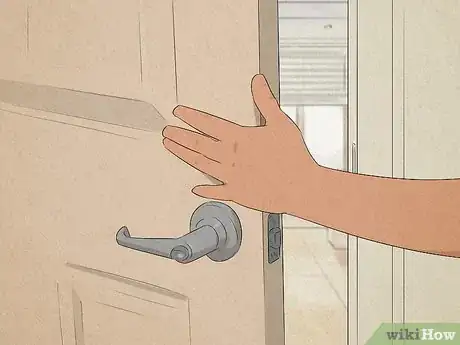
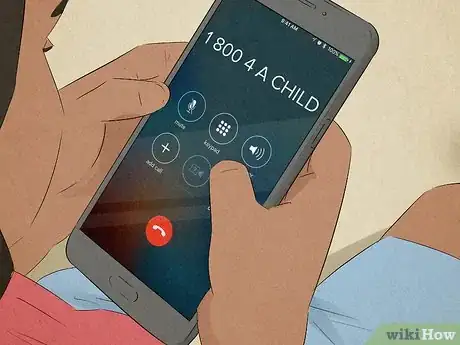
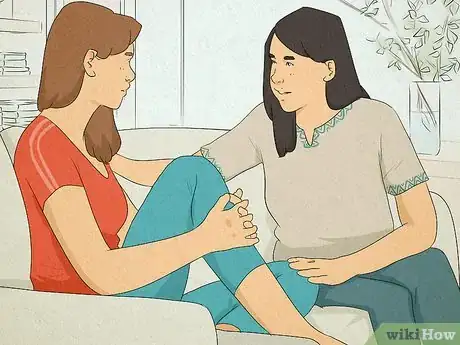
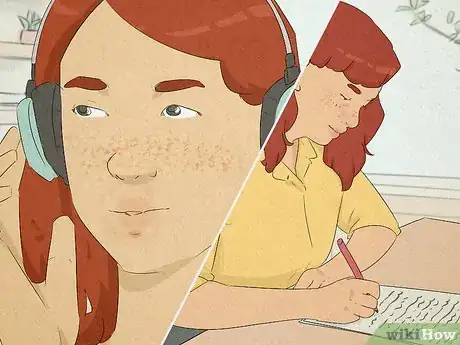

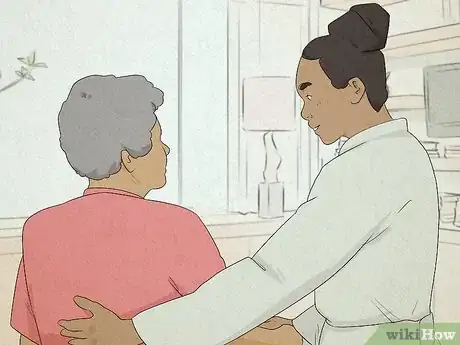
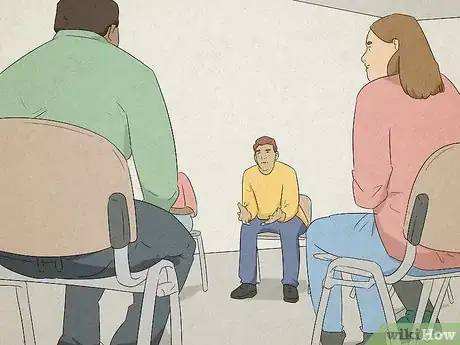
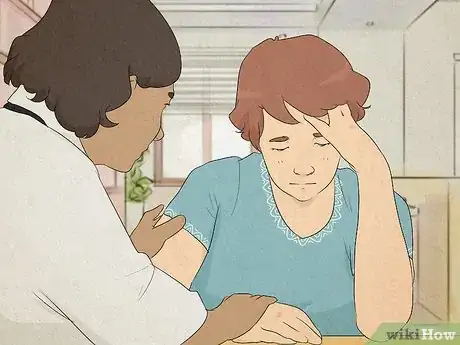
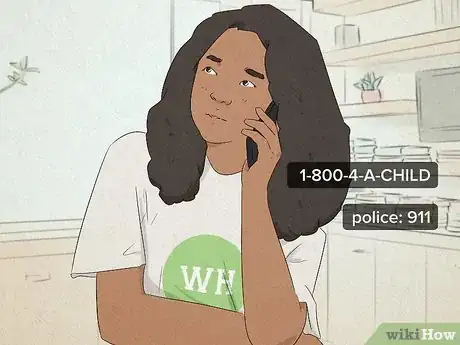
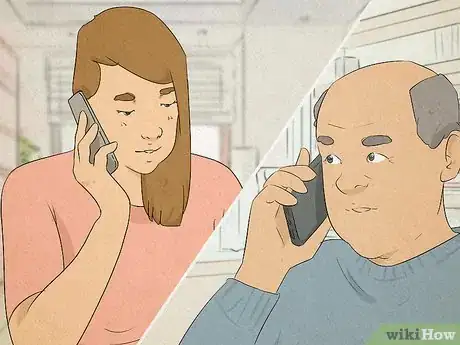
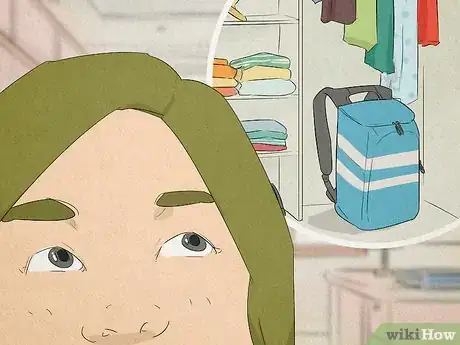
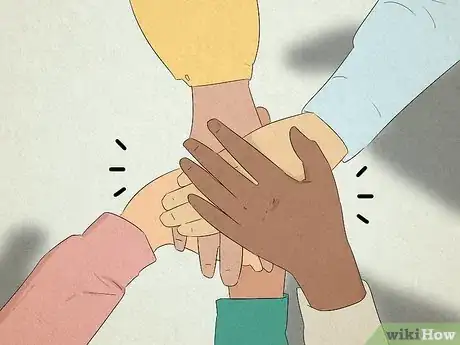



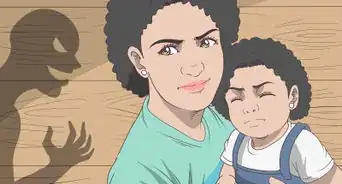

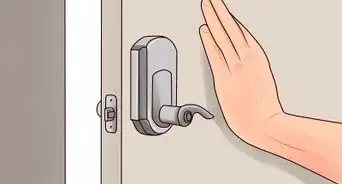



-Step-19-Version-2.webp)














































